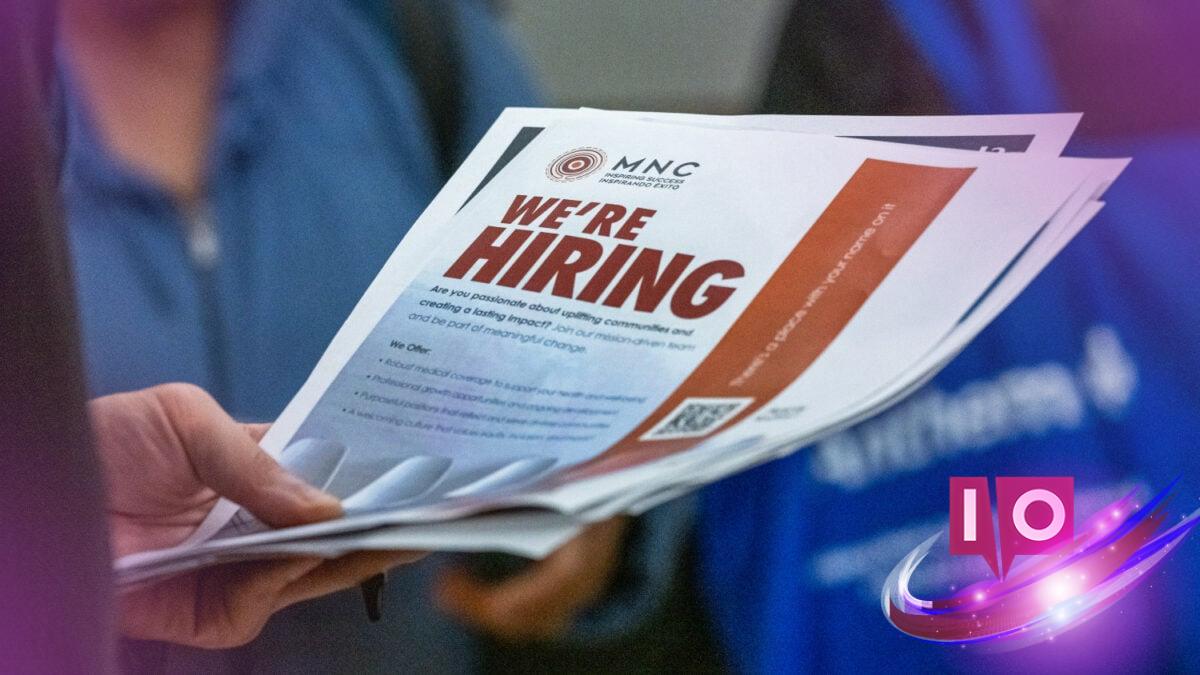The job market is increasingly challenging, especially for prospective employees. Ohio is planning to take measures that could complicate the situation further. A bill recently introduced by Ohio House Republicans aims to create an online registry for individuals who fail to attend job interviews.
This proposal, titled H.B. 395, specifically targets applicants receiving unemployment benefits. These applicants are required to seek employment to maintain their limited compensation. If passed, the bill would enable employers to report candidates for missing scheduled interviews, potentially jeopardizing unemployment benefits for those individuals. Furthermore, sharing this information among employers could hinder future job prospects.
Co-sponsor Republican Brian Lorenz argues that the bill addresses an alarming trend of applicants “ghosting” job interviews. “The bill rewards professionalism. If you value employers’ time, this process is going to value you,” he stated in an interview with NBC4i in Ohio. “It modernizes the employment process, holds applicants accountable, and helps employers thrive.”
However, the bill does not clarify what constitutes an acceptable reason for missing an interview. This lack of specification raises concerns about the potential misuse of the registry by disgruntled employers aiming to punish candidates for perceived slights. The final authority to assess the legitimacy of complaints would rest with the Director of Job and Family Services—certainly a significant demand on their time.
Ohio’s unemployment claims are not notably rising—at least not more than national trends. The state recently recorded its first month of job loss this year, with an unemployment rate at 4.9%, higher than the national average of 4.1%. Yet, Ohio shows better labor force participation rates, with 62.7% of adults actively seeking work compared to the national average of 62.3%.
The notion that employers bear the brunt of no-shows seems somewhat overstated. While businesses do incur costs in the hiring process, they still benefit from a broad pool of potential candidates to fill open positions.
On the flip side, many job seekers have adapted to being ghosted by potential employers, a phenomenon that’s disturbingly commonplace. A recent study found that 61% of US job seekers experienced ghosting after interviews, with 80% of hiring managers admitting to ghosting candidates themselves. It begs the question: does Lorenz have concerns about this trend? After all, he likely represents more job seekers than employers.
Is it fair to penalize applicants for missing interviews in a landscape where employers frequently fail to follow up? Absolutely not. The onus shouldn’t be placed entirely on the job seeker when both sides play a role in the hiring process.
What kind of impact would this registry have on job seekers in Ohio? It could add unnecessary pressure and anxiety for those already fighting an uphill battle to secure employment. Such legislation raises several ethical questions about accountability in the job market.
What are the alternatives to this approach? Potential solutions could include offering workshops on professionalism or better communication strategies rather than punitive measures that could further alienate job seekers.
How might this bill affect unemployment rates in the state? If applicants are discouraged by the possibility of losing benefits due to a missed interview, it may lead to fewer individuals applying for jobs, ultimately impacting the job market negatively.
In conclusion, while it’s crucial to promote professionalism, reducing the barriers to employment should take precedence. It’s essential to foster an environment where open communication is the norm. If you’re interested in more about the dynamics of the job market, visit Moyens I/O for insightful articles and resources.
